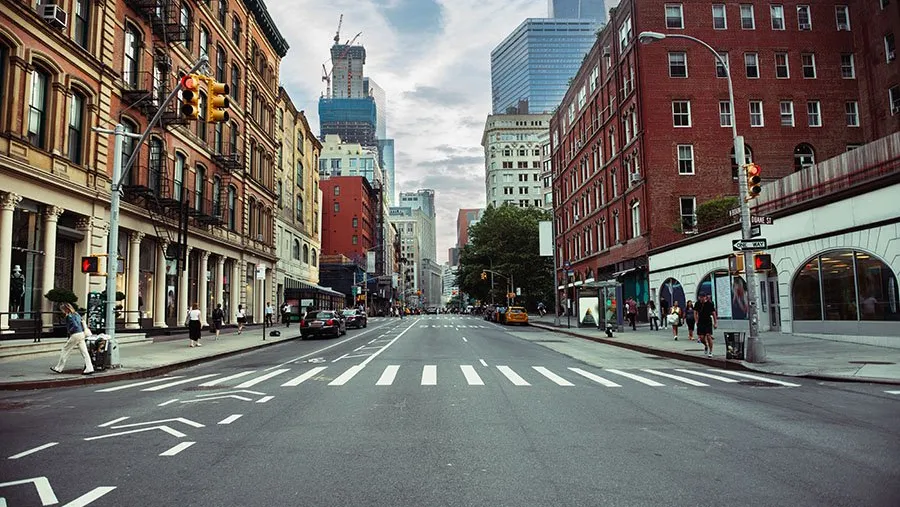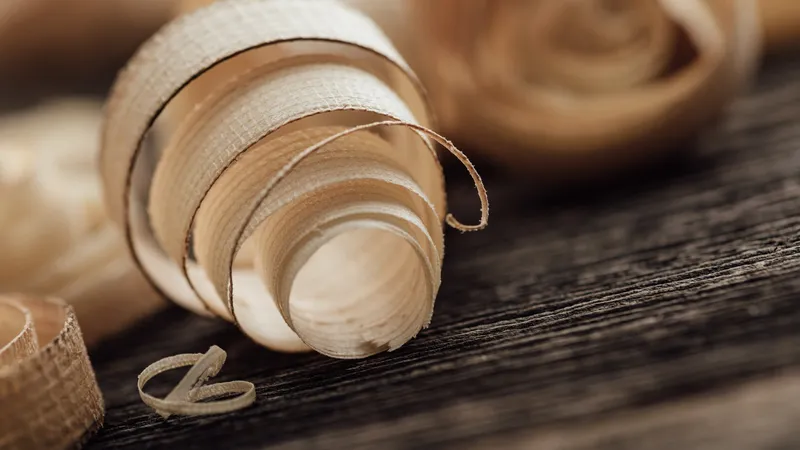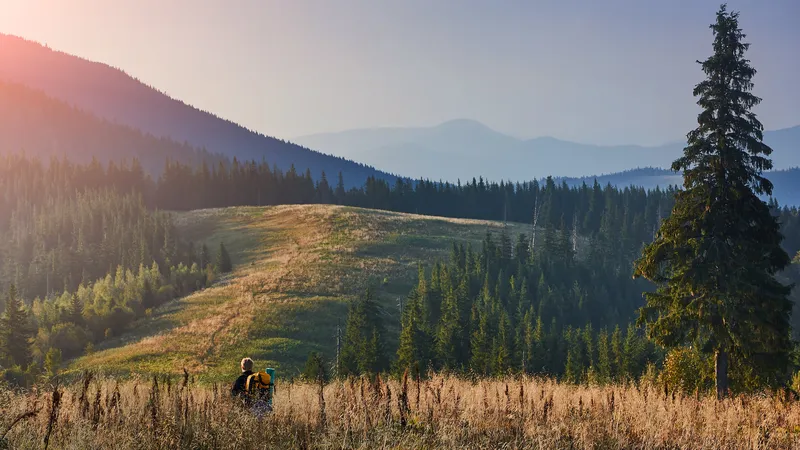I drive east, thinking about old stories. I meander through traffic, scanning alleys between the high towers, looking for people I know. Several of my counseling students will be out today, trying to secure housing for the homeless, providing medical care for the Dumpster divers, asking after those who have simply vanished. Too many of those, and more every year. As I pass over the sealed rail spur I glimpse two men hunched over the heat vent of a nearby office building – one of only a few warm vents in the city. Over the years I have heard many stories of ruthless fights over that small and comforting space. In winter, especially, that heat vent might be a scrap of survival snatched from the frozen streets.
I pass a scraggly man in a blue windbreaker. My view of him is fleeting, obscured by the dust of traffic and by my ongoing speed. He is standing on the sidewalk, inspecting something I cannot see, but he looks up as I pass. He catches my eye for the moment before I am gone, and I see in his gaze that searching and hungry mood, the simmering despair overlaid with defiance, the expectation of dismissal that turns, somehow, into a preemptive rebuke. He’s not going far today. Perhaps he will cross the viaduct and search for a place to sleep within the clutch of bracken opposite the tunnel opening, where a narrow slice of unpaved ground unfolds between the viaduct and the office building to the south. Or maybe he will go to the park opposite the cathedral, where a small pond and neat lawn disguise the utility substation built underground. He might find food at various places, or a clean rig at the needle exchange. He might stop at one of the downtown clinics and ask for help. But I doubt it. He seems committed to wandering, at least for now. He is a coyote, alert to both his opportunities and his danger. As soon as I look at him he raises his head, finds me, tries to assess my intent. And he follows me with his eyes as I am carried forward by the flow of traffic. For several blocks I can see him in the rearview mirror, standing on the sidewalk, making himself less visible. Behind him, countless cars flash across the intersection.
He’s drifting, a storm-tossed man shackled to his raft upon the wine-dark sea. He reminds me – perhaps it’s his blue windbreaker, or his mane of unkempt hair – of Odysseus, of that old sea tale of a man lost and trying to find his way home. I think of Odysseus visiting the island of the lotus-eaters, where some of his men become addicted to feral plants and must be dragged back to the ship, wailing. Later, after his shipmates are devoured by monsters and whirlpools, Odysseus carries on alone to the island of the enchantress Calypso. She imprisons him there for seven years, and offers him immortality. But he is not swayed, and petitions her for release. Eventually, in a debate among the gods, it is decided (grudgingly, for Odysseus has offended the sea god Poseidon) that Odysseus should be freed to return home. It is Hermes, the wayfinder, who imparts this verdict to Calypso. Odysseus builds a raft and sails forth.
It is Hermes also who supplies Odysseus with a herb to prevent the witch Circe from transforming him into a pig. And it is Hermes – whose many epithets include the bringer of dreams, the watcher by night, the thief at the gates – who so often appears as both guide and protector in ancient myths. He knows the paths to hidden things, and is the patron of illumination, and is capable of traveling through the underworld unscathed. Hermes is the border crosser, the wanderer, the mythological heir of the Egyptian god Thoth – whom ancient texts describe as “master of spells and words of power, voice of truth” – who knows all the subterranean passageways. Thoth’s symbol is the ibis, or crane, which I so often glimpse at the shore near my home. Great, graceful birds.
By whatever name he is called – Thoth, or Hermes, or Merlin – his presence stretches far back. As long as we have told tales he occupies a central place within them, helping and healing. He watches by night, and wanders and guides the heart home. In the underworld of the Egyptians it was Thoth who measured the weight of the heart, and asked that it be light as a feather. But as the man with the blue windbreaker passes out of my sight, and I make my way to another part of the city, I still feel the residue of his gaze, the heavy heart I saw in his eyes. Before I turn onto another road I send my thoughts back to him, there on the impoverished street. I wish for him safety, and guidance, and truthfulness. I wish for him the spirit of wayfinding, that he might be led out of his tunnels and labyrinths, that he find the still center of his own being: untarnished, persistent, with a protecting wall, finely wrought. And lights, old lights, still capable of burning bright.


